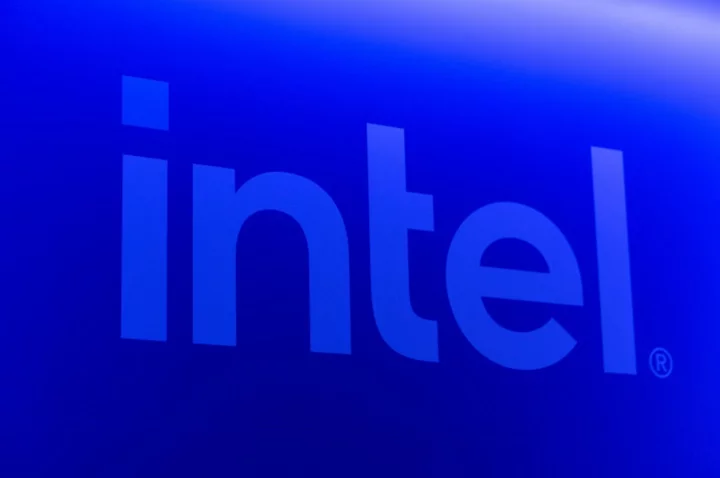US chip giant Intel will invest up to $4.6 billion to build a new site in Poland, creating around 2,000 jobs, the company said Friday.
Its new facility, to be located in the southern Polish city of Wroclaw, "will help meet critical demand for assembly and test capacity that Intel anticipates by 2027," Intel said in a statement.
The investment in Poland is aimed at helping the European Union develop a more resilient semiconductor supply chain and reducing dependence on Asia, the statement added.
Polish Prime Minister Mateusz Morawiecki hailed the announcement as an element of "cementing and consolidating transatlantic cooperation" with the US.
"From now on, from this investment by Intel, Poland will be a key part of the not-so-extensive supply system of these most advanced technologies," Morawiecki told reporters in Wroclaw.
Intel is one of the world's leading semiconductor firms, making a wide range of products, including the latest-generation chips.
The EU aims to reclaim 20 percent of global semiconductor manufacturing capacity by 2030 -- twice its current production -- and has invested billions in Intel's chip facilities in Germany and Ireland.
Intel has said its European sites will help with cost efficiency in the EU's supply chain, and that it plans to produce 80 billion euros worth of chips in Europe over ten years.
Intel has said construction of its plant in Germany, scheduled to start in the first half of 2023, has yet to begin, due in part to inflation.
Germany's Ministry of Economic Affairs has said it is looking to support construction with additional public aid.
The announcement of Intel's new Poland site follows a difficult first quarter of 2023 for the firm.
In April, it announced a massive fall in sales for the January-March period because of a steep drop in demand for semiconductors, especially those used in PCs.
The company was also affected by falling demand for chips that power data centers, and is struggling to compete with Nvidia for the semiconductors that undergird ChatGPT-style generative AI, a major new chip-hungry sector.
The chip industry is well-known for its volatility, with demand and supply see-sawing with the dips and rises in the world economy.
Its central role in the global supply chain became clear during the height of the Covid pandemic.
Lockdowns and health restrictions diminished production in Asia, leaving surging demand for chips unmet just as everyone turned online for work, shopping and entertainment.
Semiconductors have also become a political pawn between the US and China, with Washington urging its allies to stop supplying China with cutting-edge chips.
lem/soe/rhl/dhw/qan/mmp/frj/md









